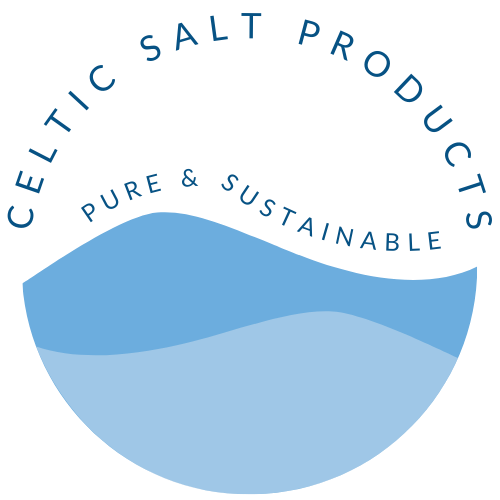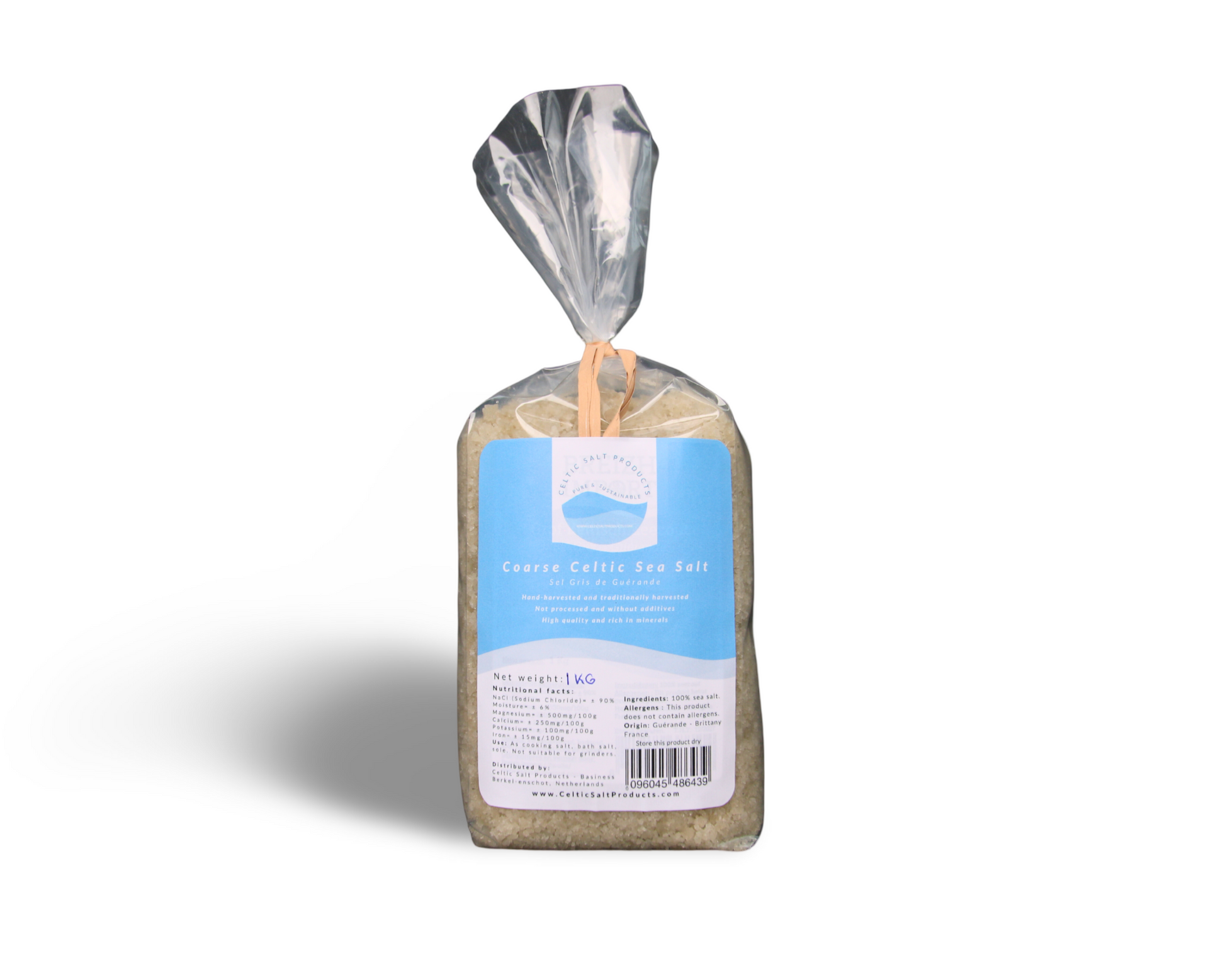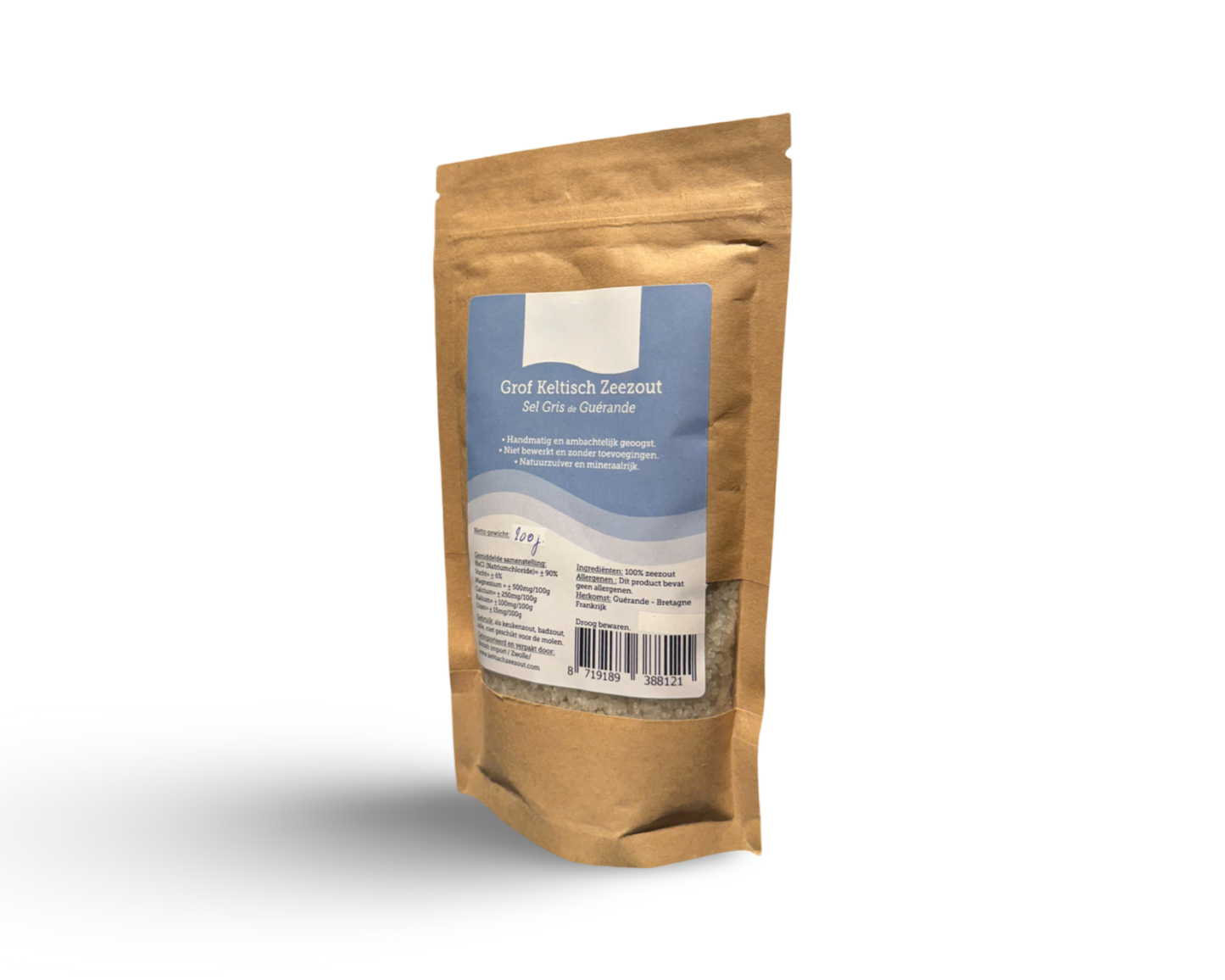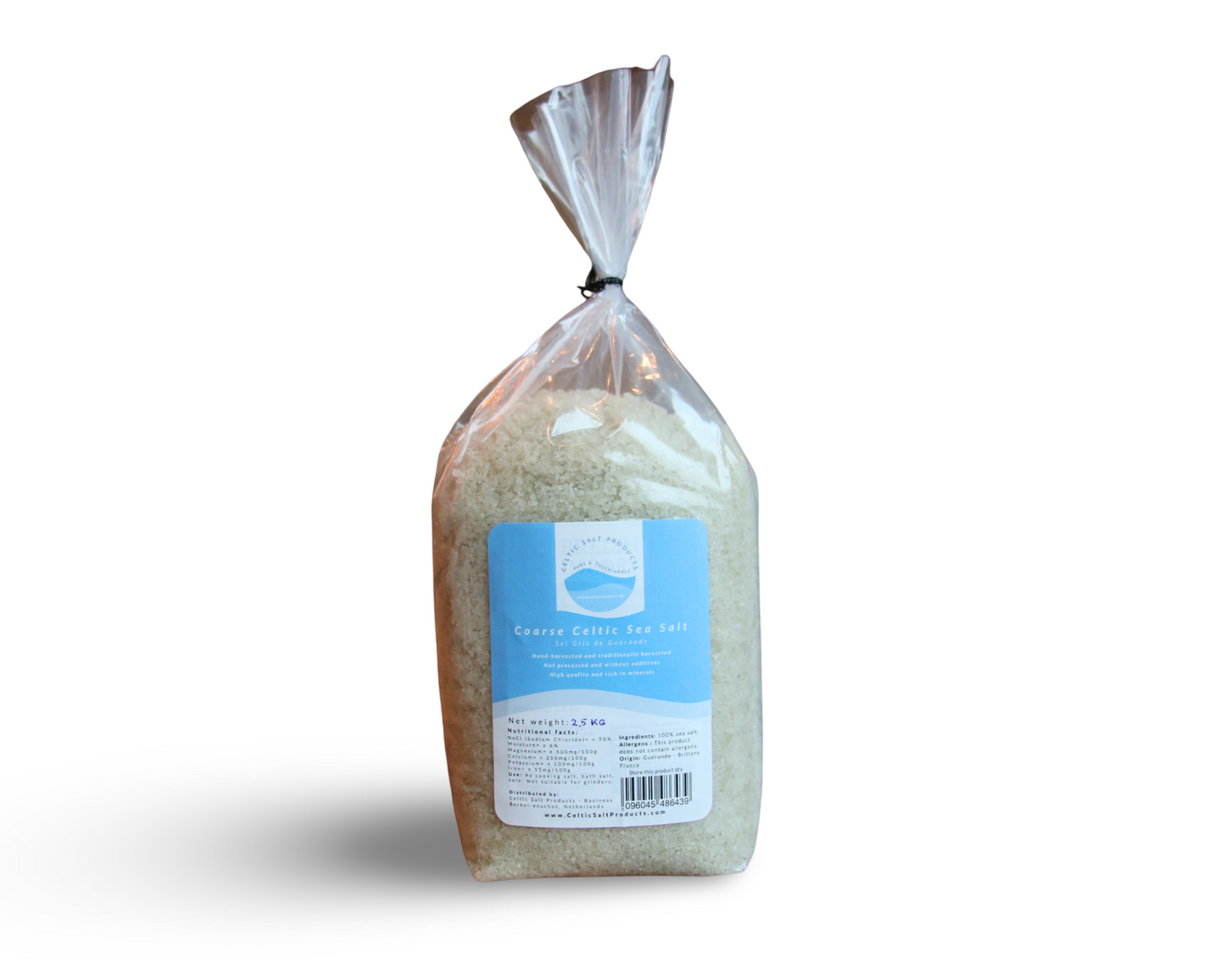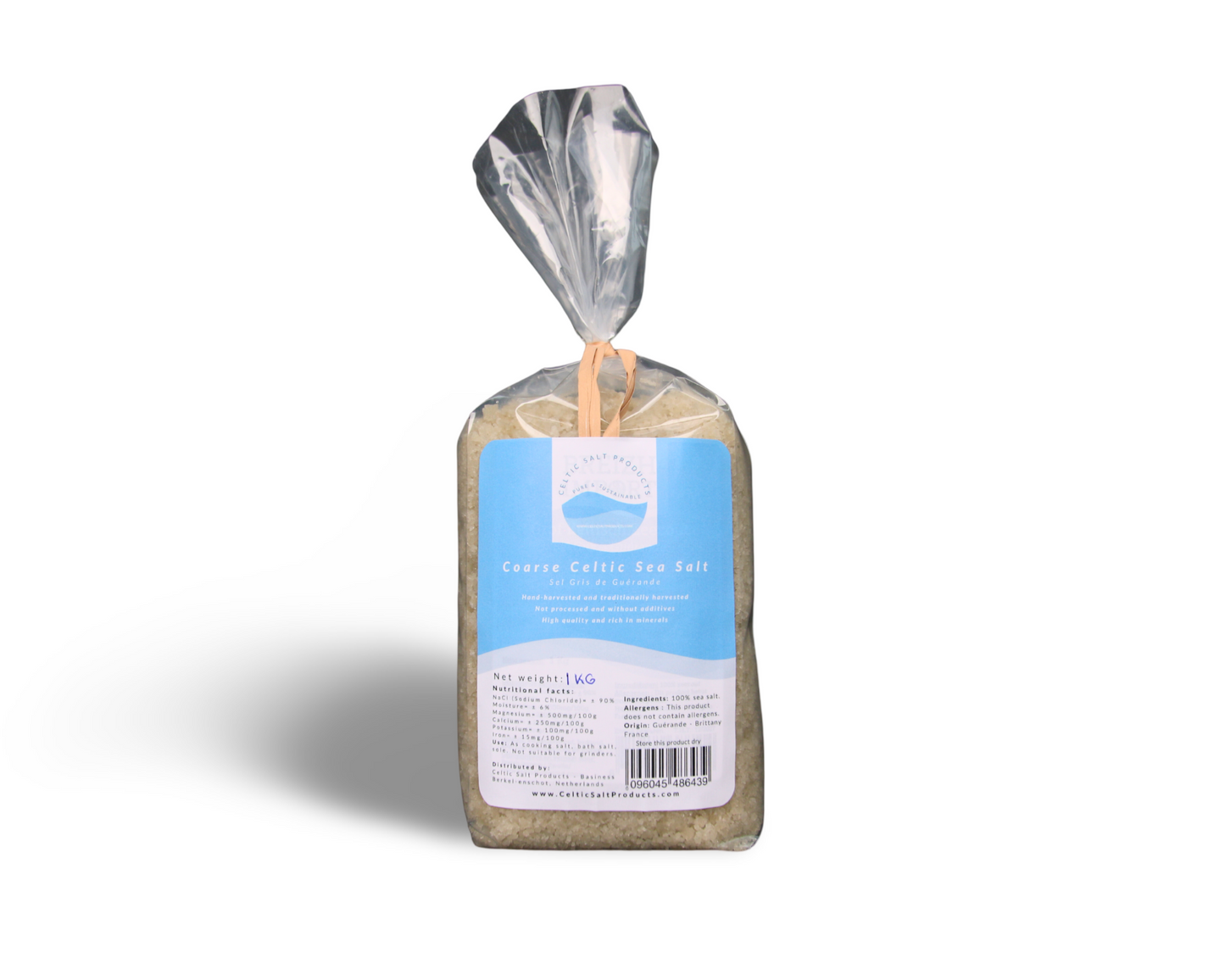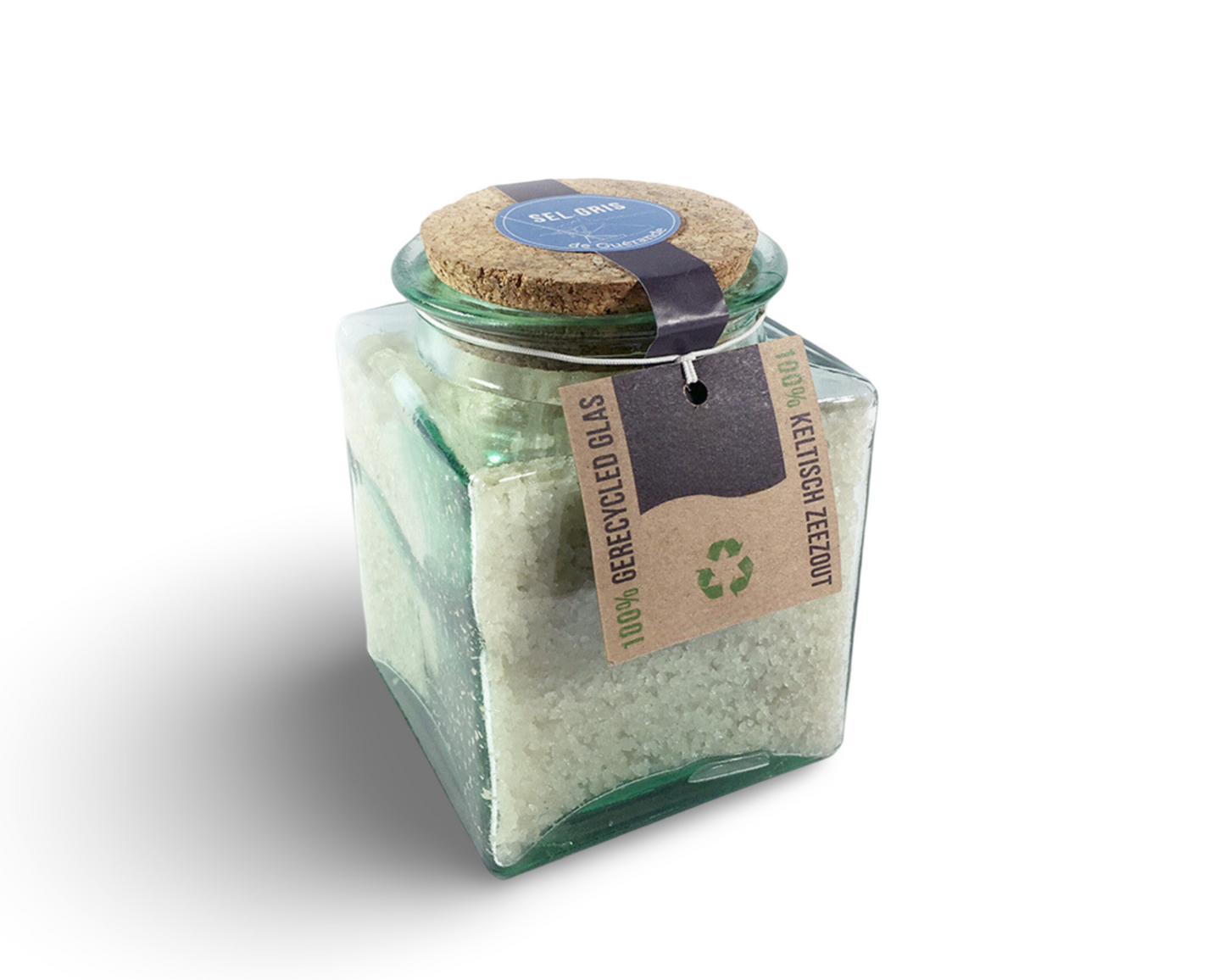Salt has been a staple in human civilization for millennia, not just for its flavor, but also for its preservative qualities. Celtic sea salt, with its unique characteristics and harvesting methods, often raises a curious question: does it spoil or lose its potency over time? Let's delve into this topic to understand more about the shelf life of Celtic sea salt.
The Nature of Celtic Sea Salt
Celtic sea salt is harvested in the coastal regions of Brittany, France, using traditional methods that date back centuries. It's known for its grey color, moist texture, and rich mineral content. Unlike heavily processed table salt, Celtic sea salt undergoes minimal processing, retaining its natural trace minerals and elements.
Salt’s Preservative Properties
Historically, salt has been used as a preservative because it inhibits the growth of bacteria, yeast, and mold. Its ability to draw out moisture makes it an unfavorable environment for these microorganisms. This fundamental property of salt also applies to Celtic sea salt, which is essentially sodium chloride with trace minerals.
Shelf Life of Celtic Sea Salt
Celtic sea salt, like other pure salts, is chemically stable and does not spoil. It doesn’t support microbial growth, which means it doesn’t go bad in the traditional sense. However, there are factors that can affect its quality over time.
Factors Affecting Quality
- Moisture: Celtic sea salt's natural moisture can cause it to clump over time. While this doesn’t indicate spoilage, it can affect texture and ease of use.
- Contamination: If contaminated with food or dirt, the salt can become a medium for microbial growth. It’s important to keep it in a clean, dry container.
- Odor Absorption: Salt can absorb odors from its environment, which may affect its taste and aroma.
Storing Celtic Sea Salt
To maintain its quality, store Celtic sea salt in an airtight container in a cool, dry place. This prevents moisture absorption and contamination, ensuring that the salt retains its flavor and texture.
Conclusion
Celtic sea salt does not spoil in the conventional sense, thanks to its natural preservative qualities. With proper storage, it can last indefinitely, maintaining its unique flavor and mineral-rich profile. Whether used in cooking or as a finishing salt, Celtic sea salt remains a timeless, stable, and flavorful addition to any culinary repertoire.
